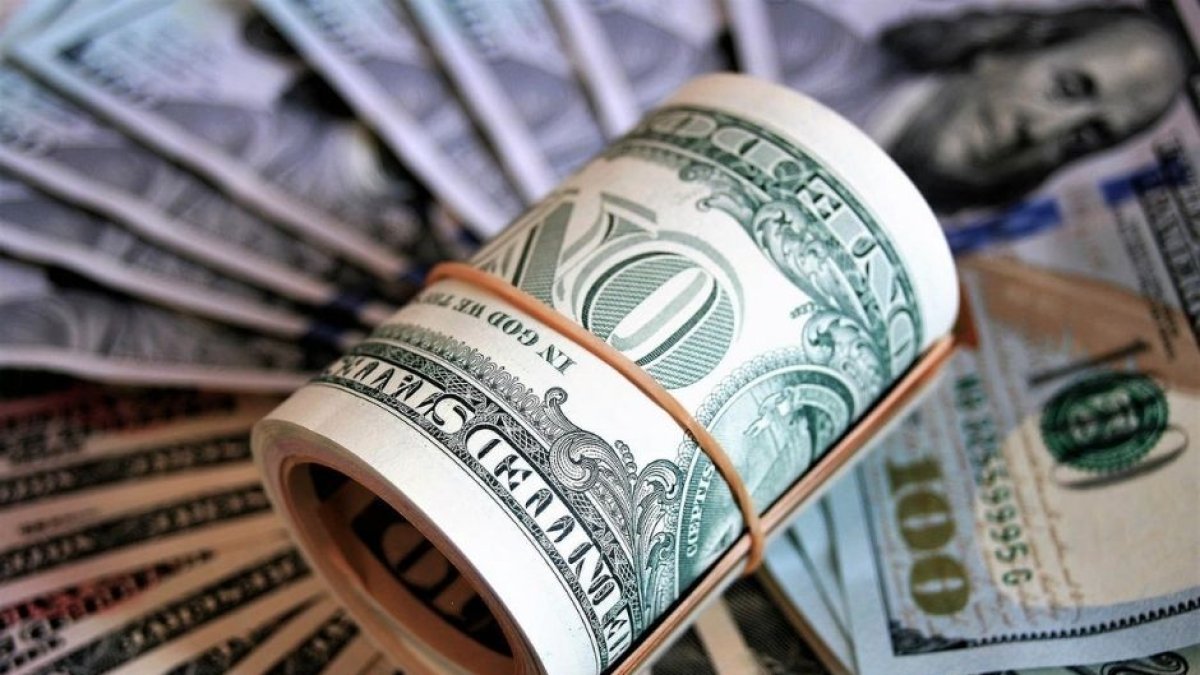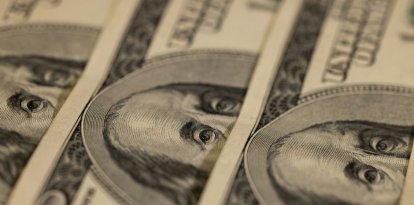American families are forced to deplete their savings to cope with inflation
The rise of prices make families poorer.

(Pixabay)
Prices are rising, but wages are not. Citizens are coping with it by using the savings they accumulated during the pandemic.
In May, prices rose by an average of one percentage point; if this trend continues, inflation will eventually exceed 12%.
Income falls; consumption does not
According to the Bureau of Economic Analysis (BOA), real income (i.e., net of inflation) has fallen since April 2021. Measured in 2012 dollars average, disposable income was $16,146.9 per year as of April 2021. The latest figure, which is from last may, is $15,144.8 in 2012 dollars. In other words, real income has fallen by 6.2% in 13 months.
Income has fallen, but consumption has not. Measured in real terms, also in 2012 dollars, average consumption has risen since April 2021 by 1.5%. How do Americans maintain or increase their consumption while inflation eats away at their income? With savings.
The end of savings
In the first quarter of 2021, Americans' gross personal savings reached $7.90 trillion. Since then, savings have fallen 31.6% to $5.41 trillion.
Moody's see the same trend information from the Wall Street Journal which draws on Moody's data, shows that Americans increased their savings by $2.7 trillion during the pandemic, but are now depleting them to maintain living standards. The WSJ quotes Mark Zandi, Moody's chief economist: "Most households have a cash cushion to navigate through the very high inflation".
























